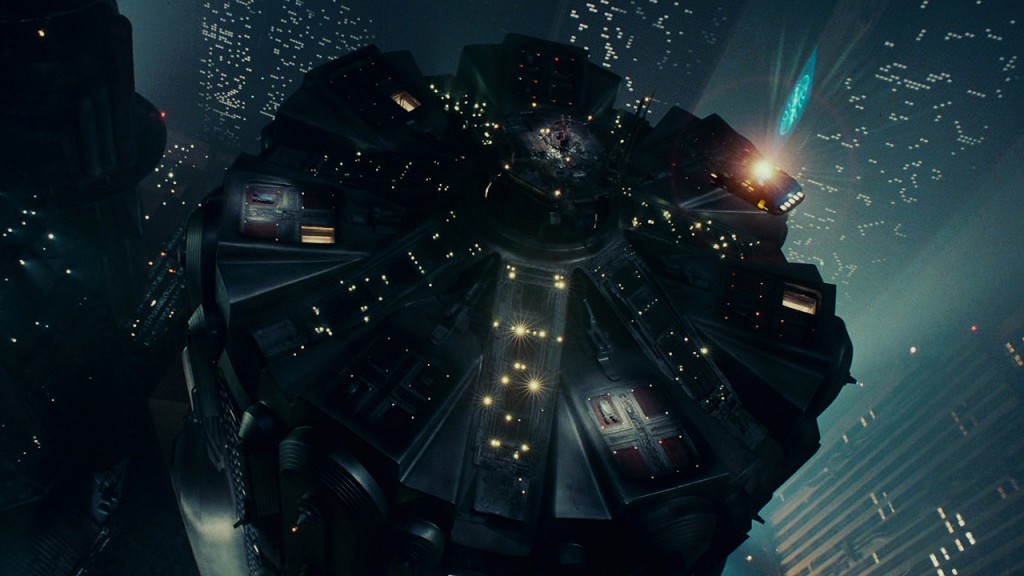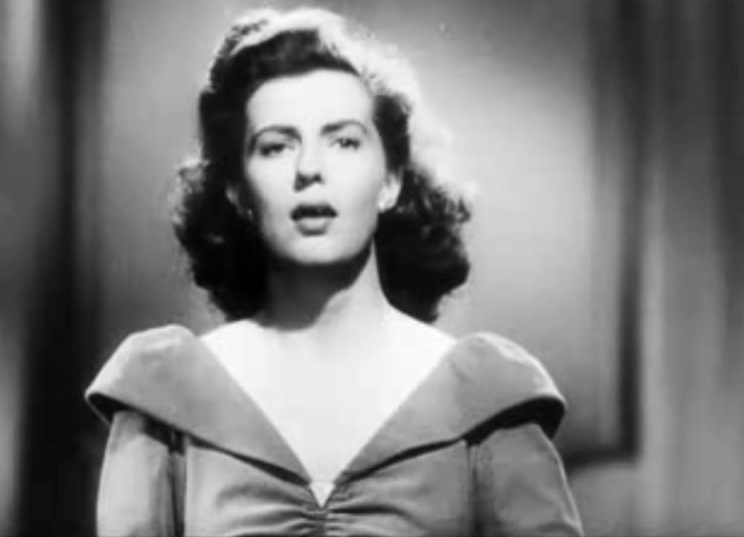
Category: Movies
John Barry: “Somewhere In Time” Soundtrack (1998 re-recording)

Film-score composer John Barry’s father owned movie theaters in England. So, in a sense, Barry (1933-2011) grew up in the movie business. (The family name was “Prendergast;” Barry used his first and middle names as his professional name.) The movie business and the music business are similar, in that fickle public tastes can make or break projects and careers. Also similar in that the process of actually getting paid can be… quirky.
John Barry composed the scores for 11 James Bond films including Goldfinger, as well as for Body Heat, Born Free, Dances With Wolves, Out of Africa, The Lion in Winter, and Midnight Cowboy. Barry’s film scores won him five Academy Awards and four Grammys. However, it is almost certain that Barry’s most popular (and profitable for him) film score was for a film that was decidedly unsuccessful upon its original theatrical release, finding a larger audience only on cable tv, and then a bit later with the advent of home video on VHS cassettes.
That film is the 1980 time-travel romantic drama Somewhere in Time. The story of Barry’s score’s musical debts to Rachmaninoff and Paganini comes after the jump. Continue Reading →
Why name your blog “The Tannhäuser Gate”?

“The Tannhäuser Gate” is a throwaway reference from near the end of Ridley Scott’s 1982 film Blade Runner. “Tannhäuser” is a reference to Wagner’s opera dramatizing the life of the Medieval German singer of that name.
Blade Runner and Wagner—what’s not to like?
I think that Blade Runner is the greatest science-fiction movie of all time. I think that, because it creates a completely believable future world that is arrestingly foreign, but hauntingly familiar. At the same time, the story almost subliminally makes us uncomfortable about our collective past. Obviously, book author Philip K. Dick tapped into deep historical and cultural currents involving not only what it means to be human, but also, “how then should we live”—in the sense of act or behave. Ironically, in the end, it is a non-human who behaves heroically.


